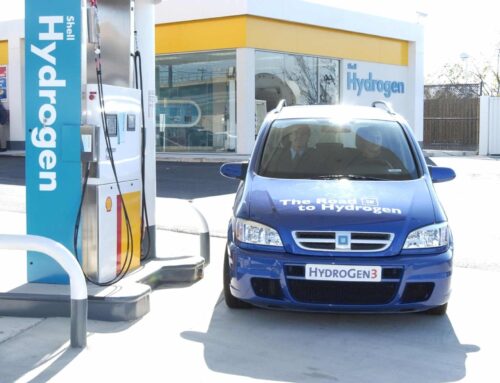The following is a statement from Ms. Ryan Alexander, president of Taxpayers for Common Sense, on the Environmental Protection Agency’s (EPA) proposal to allow year-round sales of E15:
Yesterday, the EPA released its long-awaited proposal to allow year-round sales of E15, a mixture of 15 percent ethanol and 85 percent gasoline. From Taxpayers for Common Sense’s perspective, if finalized, this expansion of market share is simply another layer of subsidies for Big Ethanol, and just adds further salt to taxpayers’ wounds.
Big Ethanol – which has had 40 years of federal support – doesn’t need the help, and this expansion is just thumb on the scale it its favor. The government needs to stop distorting the market and picking winners and losers in energy policy, which is what this is, at the taxpayer’s expense.
Already, the U.S. ethanol industry benefits from a maze of subsidies including a 15-billion-gallon annual consumption mandate in the Renewable Fuel Standard (RFS), a federal tax credit for ethanol blender pumps specially designed to dispense higher ethanol blends such as E15, and other taxpayer subsidies originally intended to benefit other industries such as wind and solar. Until 2011, the industry also benefited from a $6-billion-per-year ethanol tax credit and an import tariff. It’s time for this mature industry to stand on its own feet.
There are several problems with expanding E15 sales year-round. The sale of E15 during summer months raises air quality concerns creating public health and environmental liabilities for taxpayers. E15 is incompatible with older vehicles and small and off-road engines, leading to consumers bearing the cost of replacing or repairing damaged engines. And since 2011, taxpayers have been forced to subsidize blender pumps despite Congressional opposition. U.S. Department of Agriculture Secretary Perdue has warned that more blender pump subsidies may be on their way. Providing more giveaways to the mature ethanol industry will only further distort markets at consumers’ and taxpayers’ expense.
Instead of adding insult to injury, the Administration should reverse course and eliminate special interest ethanol subsidies that have been on the books for decades. Industry, taxpayers, and consumers would all be better off if E15 and Big Ethanol competed in a free market without government intervention.










